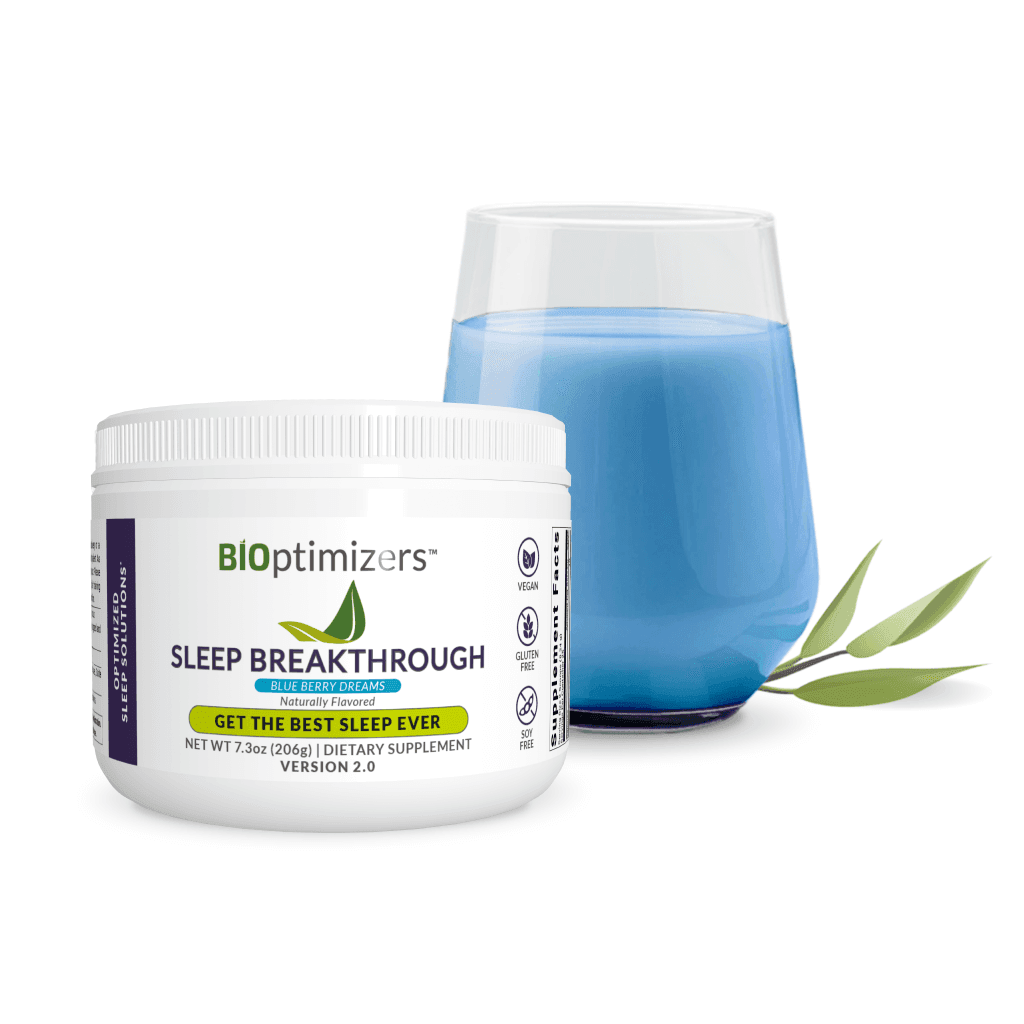
Are you ready to embark on a journey that transforms your body and lifestyle? Whether you’re a fitness newbie or want to reignite your workout routine, understanding the basics and building a strong foundation is key. According to the CDC, regular physical activity can significantly reduce the risk of chronic diseases, improve mental health, and boost overall quality of life.
In this guide, you’ll discover essential fitness principles designed to support a sustainable, lifelong fitness journey. We’ll cover the importance of fitness, foundational principles, tips for staying consistent, and actionable steps to help you succeed. Let’s get started!
Affiliate Disclaimer
This site contains affiliate links, meaning I may earn a commission if you purchase them—at no extra cost. I only recommend products I trust. Your support helps keep this site running.
Why Fitness Matters for Life
Physical Health Benefits:
- Cardiovascular Health: Brisk walking, cycling, or swimming strengthens your heart, improves blood circulation, and reduces the risk of heart disease and stroke.
- Blood Sugar Control: Regular exercise helps regulate blood sugar levels, which is crucial for preventing and managing type 2 diabetes.
- Weight Management: A consistent workout routine, combined with balanced nutrition, aids in achieving and maintaining a healthy body composition.
- Stronger Immune System: Exercise can boost your immune response, making you less susceptible to illnesses.
- Bone Health: Weight-bearing exercises increase bone density, reducing the risk of osteoporosis.
- Improved Metabolism: Regular physical activity helps maintain metabolic health, reducing risks of metabolic syndrome.
Mental and Emotional Well-being:
- Stress Reduction: Physical activity releases endorphins, reducing stress and enhancing mood.
- Improved Sleep: Exercise promotes better sleep patterns, helping you fall asleep faster and enjoy more profound rest.
- Boosted Self-Esteem: Achieving fitness goals, no matter how small, can significantly improve your self-confidence.
- Mental Clarity: Regular exercise improves cognitive function, memory, and focus.
- Anxiety and Depression Relief: Exercise acts as a natural antidepressant by reducing symptoms of anxiety and depression.
- Emotional Resilience: Staying active helps manage emotions and improves coping mechanisms.
Longevity and Independence:
Staying active reduces the risk of falls, maintains muscle mass, and preserves bone density, ensuring independence as one age. Regular physical activity is also linked to a longer lifespan and a higher quality of life in later years.

The Foundations of Lifelong Fitness
- Set SMART Goals:
- Specific: Define clear goals (e.g., “Run 3 miles without stopping”).
- Measurable: Track progress (e.g., distance, weight, reps).
- Achievable: Set realistic targets.
- Relevant: Align goals with personal motivations.
- Time-bound: Establish deadlines to stay focused.
- Find Activities You Enjoy: Consistency is easier when you love what you do. Whether dancing, hiking, or strength training, find workouts that motivate you. Variety also prevents boredom and plateaus.
- Prioritize Strength Training and Cardio: A balanced routine includes resistance exercises and cardiovascular workouts. Aim for at least 150 minutes of moderate-intensity aerobic activity each week combined with muscle-strengthening activities two or more days a week.
- Incorporate Flexibility and Mobility Exercises: Stretch regularly to improve flexibility and reduce injury risk. Yoga and pilates are great for enhancing mobility.
- Rest and Recovery: Rest days are essential for muscles to recover, reducing burnout and injury. Active recovery, such as light walking or gentle stretching, can also support recovery.
- Nutrition and Hydration: Fuel your body with a balanced diet rich in whole grains, lean proteins, healthy fats, fruits, and vegetables. Stay hydrated throughout the day to support optimal performance.
- Mindset and Motivation: Embrace a growth mindset, set exciting new goals, and celebrate every achievement, big or small! Regularly practicing mindfulness and positive self-talk can help keep your motivation soaring.
Tips for Staying Consistent
- Create a Schedule: Plan workouts like appointments you can’t miss.
- Track Your Progress: Use apps, journals, or trackers to monitor improvements.
- Find a Workout Buddy: Having a partner increases accountability and motivation.
- Celebrate Small Wins: Acknowledge progress and stay encouraged.
- Join a Community: Being part of a fitness group provides support and inspiration.
- Set Short and Long-Term Goals: Break big goals into smaller, achievable steps.
- Mix It Up: Keep workouts exciting by regularly trying new activities or changing routines.
- Visualize Success: Picture your goals and the benefits of achieving them.
- Track Non-Scale Victories: Improve strength, endurance, mood, and energy levels.
Common Fitness Myths Debunked
- “No Pain, No Gain.” Discomfort is part of growth, but sharp pain can indicate injury. Always listen to your body.
- “You Can Spot-Reduce Fat.” Fat loss occurs overall through diet, cardio, and strength training.
- “Lifting Weights Makes You Bulky.” Building muscle creates a toned appearance and boosts metabolism without necessarily adding bulk.
- “More Exercise Is Always Better.” Overtraining can lead to fatigue, injury, and burnout. Balance is key.
- “You Have to Spend Hours in the Gym to See Results.” Short, effective workouts like HIIT can be highly effective.
- “Cardio is the Only Way to Lose Weight.” Strength training is equally essential for fat loss and metabolic health.
Start Your Journey Today
Don’t wait for the “perfect” time to start. The best time is now. Set your first fitness goal, choose an enjoyable activity, and commit to small, consistent steps. Remember, progress is progress, no matter how small.
Ready to take control of your health? Subscribe to our newsletter for personalized fitness tips, workout plans, and motivation to keep you on track. Share your fitness journey with us in the comments, or connect with our community for ongoing support.

